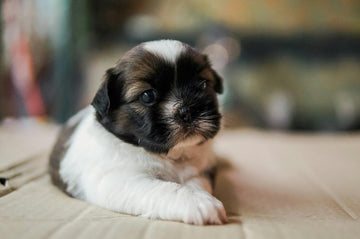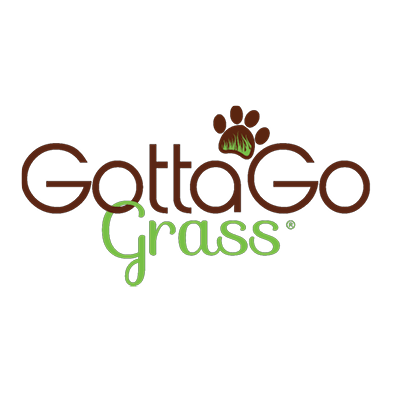
Adopting a young puppy is an exciting opportunity to mold their character, teach basic commands, and build a lifelong bond. For many dog owners, starting with a puppy instead of an older dog offers the chance to shape their behavior and establish routines. But along with the puppy cuddles and kisses comes a fair share of challenges.
Puppies are like toddlers—they are adorable and bring boundless energy yet full of mischief. Between chewed-up shoes, gnawed furniture, and endless messes, welcoming a new puppy means taking on significant responsibility.
One of the first challenges is house training. Establishing where and when your puppy should go is key to creating order in your home. For added convenience, solutions like grass pee pads for dogs can make potty training more manageable for you and your pup. Let’s dive into how you can set your puppy up for potty training success.
Can You Potty Train a Puppy at 8 Weeks?
Potty training is one of the most essential skills for a puppy to learn early on, and for good reasons: when left unaddressed, accidents in puppyhood often translate to ongoing issues as they grow into adult dogs.
The good news? Puppies can start potty training as early as 8 weeks old. At this stage, their brains are developing enough to understand basic cues like “sit,” “stay,” and crate training, making it the ideal time to introduce a potty training schedule.
Here’s how to get started:
- Create a schedule: Establish consistent potty breaks. Take your puppy out or to their potty pads first thing in the morning and after eating, napping, and playtime. Dogs thrive on routine, and a predictable schedule helps them learn faster.
- Positive reinforcement: Always reward successful potty breaks with treats and praise. This step is especially important during the first one to two weeks.
- Stay calm during accidents: Accidents will happen—it's part of the process. Avoid scolding or punishment. Instead, redirect your puppy to their potty spot and clean up immediately.
- Introduce crate training: A crate can help your puppy learn bladder control and establish a natural schedule.
Check out our 8-Week-Old Puppy Schedule: Essential Tips & Routine Guide for more detailed routines.

How Often Should You Take Your Puppy Out to Pee?
Understanding how long your puppy can hold their bladder is essential to potty training success. A helpful guideline is the month-plus-one rule: take your puppy's age in months, add one, and that’s the maximum number of hours they can hold their pee. For example, a three-month-old puppy can typically wait up to four hours between potty breaks.
Even so, young puppies under 12 weeks benefit from more frequent breaks to minimize potty accidents and build good habits. While puppies may hold their bladder longer during sleep, always take them out for one last potty break before bedtime to prevent overnight accidents.
Make Plans for a Busy Schedule
Life gets busy, and it’s not always possible to stick to the puppy potty schedule. For these situations, make sure to plan ahead.
If you will be away from home for several hours, consider indoor solutions like placing a dog grass pad with a tray to prevent potty accidents. Grass pads can also be helpful during bad weather or for dogs with mobility issues, such as seniors or those recovering from injuries.
Gotta Go Grass uses a fresh patch of grass that mimics the outdoor environment, helping reduce confusion when transitioning between indoor and outdoor potty breaks. Its moisture-absorbing, odor-controlling surface is long-lasting and eco-friendly, making it a convenient and sustainable choice.
Grass pads ensure your puppy has a consistent potty area, even when life throws curveballs like busy schedules or unexpected bad weather.

Final Thoughts
Your puppy's potty training takes time, patience, and consistency. Dogs love routine, so scheduling meals, walks, playtime, and potty breaks will help establish good habits. While accidents are bound to happen, staying calm and reinforcing positive behavior will ultimately reward you with a successfully potty-trained dog.
Remember, potty training doesn’t happen overnight, but with the right tools—like grass pads—and a structured approach, you and your puppy will be well on your way. Explore Gotta Go Grass for high-quality, pet-friendly solutions that simplify house training and make your journey with your new furry friend fun and fulfilling.




